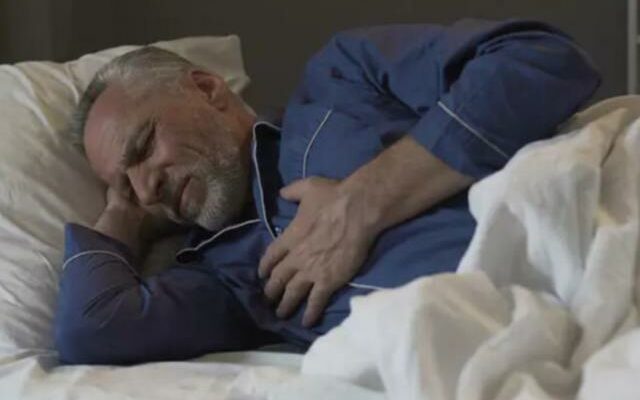Dr. Ahmet Egemen Sayın, Department of Cardiology, Faculty of Medicine, Düzce University, provided information about what to pay attention to in the summer months to protect heart health. Stating that complaints such as chest pain, shortness of breath, palpitations, fainting, and thirst can intensify in individuals with heart diseases during the summer months, Dr. Sayın said, “Individuals with these complaints may experience sudden, fatal heart diseases such as heart attack, arrhythmia, low blood pressure/shock.”
Providing information about the effects of high temperature and humidity on heart health, Sayın said, “As temperature and humidity increase, the heart needs to pump more blood to the skin to keep the body at the appropriate temperature. The heart tries to beat stronger and more frequently. This increases the workload of the heart. People with heart diseases such as heart failure, arrhythmia, high blood pressure, cardiovascular disease, patients using diuretics or vasodilators due to heart disease, the obese, the elderly are in a higher risk group than normal people in terms of being affected by high temperature and humidity.”
“HEART PATIENTS SHOULD AVOID HEAVY EXERCISE”
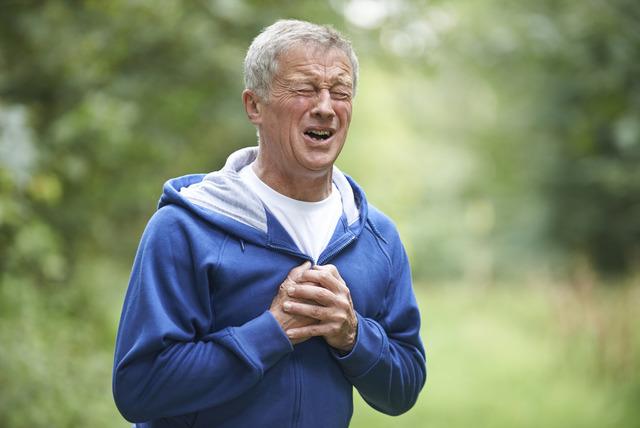
Dr. Ahmet Egemen Sayın, who stated that they generally recommend exercise to heart patients who are not in advanced stages in order to protect their heart health, said, “We recommend heart patients to take in sufficient fluids during the cooler hours of the day outside of the 11:00-15:00 hours, to be careful not to become dehydrated, to protect themselves from the sun, and to do exercises that do not require serious effort (walking, jogging, cycling, swimming). Heart patients should avoid high-temperature afternoons and heavy exercise.”
“ADEQUATE AND BALANCED NUTRITION PROTECTS HEART HEALTH”
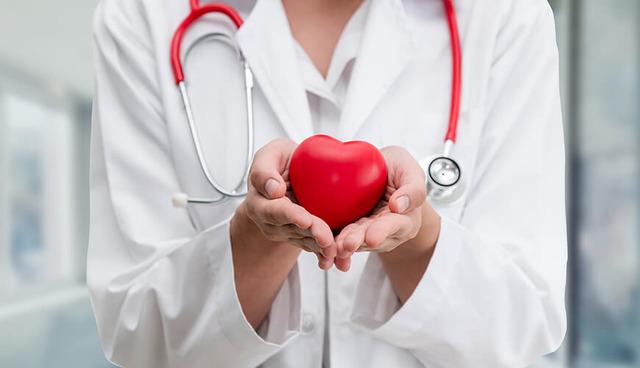
Sharing information about the recommended diet for heart patients during the summer season, Dr. Sayın said, “Adequate and balanced nutrition protects heart health. We recommend that patients with hypertension and heart failure consume a low-salt diet, patients with cardiovascular disease and high cholesterol do not consume foods containing cholesterol (red meat, butter, lard, eggs) more than necessary, and instead focus on a Mediterranean diet (white meat, salad, grains, olive oil), and patients with arrhythmia stay away from caffeine-containing beverages (tea, coffee, energy drinks) and alcoholic beverages that can increase heart rate.”
PAY ATTENTION TO THESE WHEN TRAVELLING
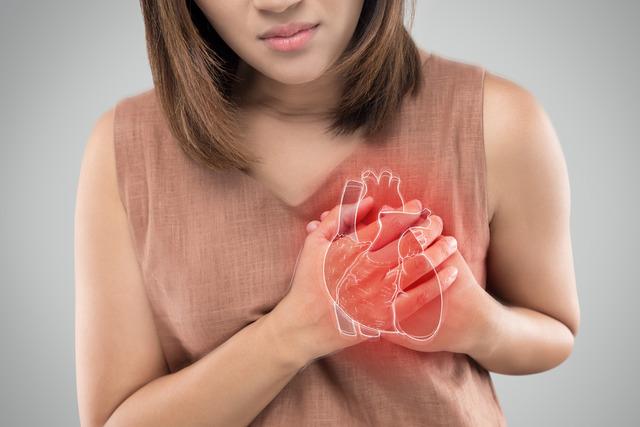
Dr. Sayın, who gave tips for protecting heart health while traveling during summer vacations or long journeys, continued his explanation as follows: “On long journeys, it is important for heart patients to carry their medications with them in their original packaging, in a way that will not be affected by the sun, and to continue taking them at the recommended dose and frequency. Since the legs of patients will remain motionless and fixed for a long time on long journeys, there is a risk of clot formation in the leg and this clot can embolize to the lungs.
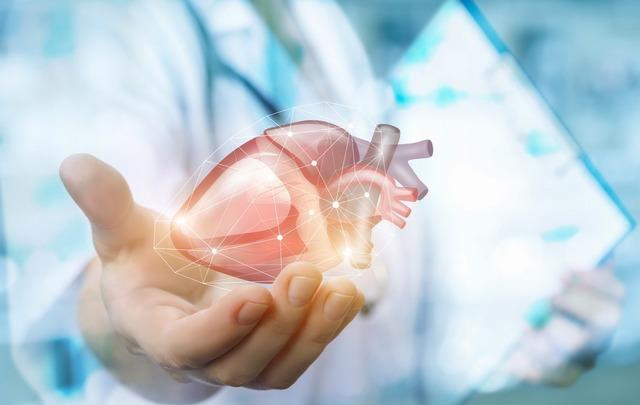
It may be beneficial for patients at risk of embolism to move their legs as much as possible in the vehicle, take frequent breaks during the trip, exercise their leg muscles by walking during breaks, and use blood thinners if recommended by their doctor.
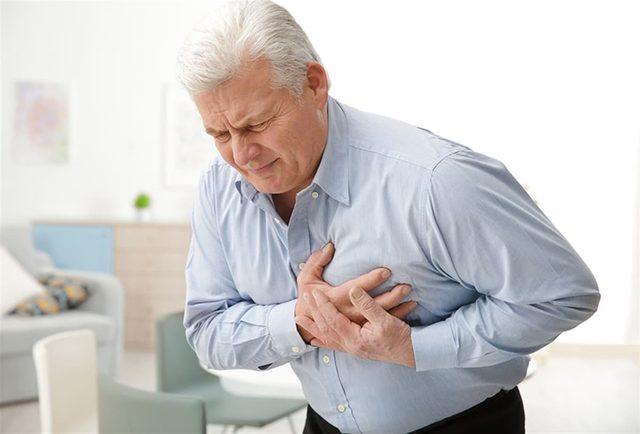
Again, it is necessary to protect yourself from the sun as much as possible during travel. It may be important to know in advance about the heart hospitals and cardiologists in the region you will be traveling to, if any. Oxygen levels decrease at higher altitudes, and living in very high altitude settlements is risky as it can increase heart-related complaints.”
“THE MOST COMMON SYMPTOM OF HEART ATTACK IS CHEST PAIN”
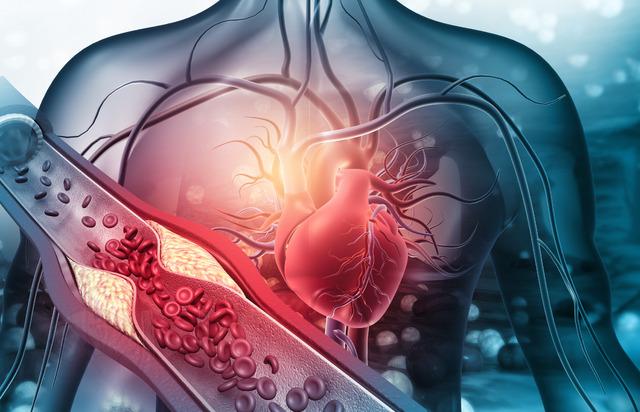
Drawing attention to heart attack symptoms and emergency measures, Dr. Lecturer Sayın said, “The most common symptom of a heart attack is chest pain, but it can also cause symptoms such as shortness of breath, palpitations, fainting, and changes in consciousness. For people who experience these symptoms suddenly and severely, the 112 Emergency Call Center should be called. For a heart attack patient at risk of sudden death, first aid may need to be administered by experienced people nearby, and intervention may be required with automatic heart shock devices nearby.”
“WEAR LOOSE, COOL CLOTHES AND WEAR A HAT AND SUNGLASSES”
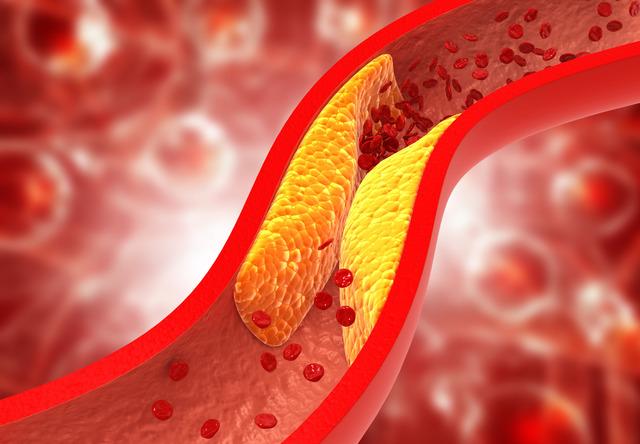
Concluding his statement with preventive measures for heart health in the summer months, Düzce University Faculty of Medicine Cardiology Department Assistant Professor Ahmet Egemen Sayın said, “In addition, if heart patients are going to go outside, they should wear loose, cool clothes and a hat and sunglasses, if they are going to sit outside, they should sit in the shade or under an umbrella during cooler hours, eat light meals, avoid hot and heavy meals, and prefer cold drinks instead of hot ones.” (İHA)
